CppCast Episode 9: Asynchronous Programming with Hartmut Kaiser
Episode 9 of CppCast the only podcast by C++ developers for C++ developers. In this episode Rob and Jason are joined by Hartmut Kaiser to talk about Asynchronous Program and the HPX framework.
CppCast Episode 9: Asynchronous Programming with Hartmut Kaiser
by Rob Irving and Jason Turner
About the interviewee:
Hartmut Kaiser is an Adjunct Professor of Computer Science at Louisiana State University. At the same time, he holds the position of a senior scientist at the Center for Computation and Technology at LSU. He received his doctorate from the Technical University of Chemnitz (Germany) in 1988. He is probably best known through his involvement in open source software projects, mainly as the author of several C++ libraries he has contributed to Boost, which are in use by thousands of developers worldwide. He is a voting member of the ISO C++ Standards Committee and his current research is focused on leading the STE||AR group at CCT working on the practical design and implementation of the ParalleX execution model and related programming methods. In addition, he architected and developed the core library modules of SAGA for C++, a Simple API for Grid Applications.

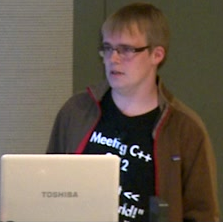 While we wait for CppCon 2015 in September, we’re featuring videos of some of the 100+ talks from CppCon 2014. Here is today’s feature:
While we wait for CppCon 2015 in September, we’re featuring videos of some of the 100+ talks from CppCon 2014. Here is today’s feature: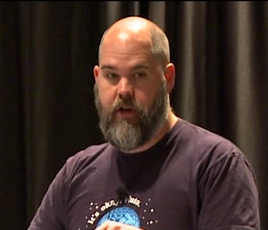 While we wait for CppCon 2015 in September, we’re featuring videos of some of the 100+ talks from CppCon 2014. Here is today’s feature:
While we wait for CppCon 2015 in September, we’re featuring videos of some of the 100+ talks from CppCon 2014. Here is today’s feature: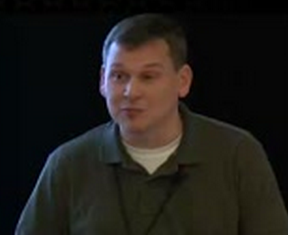 While we wait for CppCon 2015 in September, we’re featuring videos of some of the 100+ talks from CppCon 2014. Here is today’s feature:
While we wait for CppCon 2015 in September, we’re featuring videos of some of the 100+ talks from CppCon 2014. Here is today’s feature: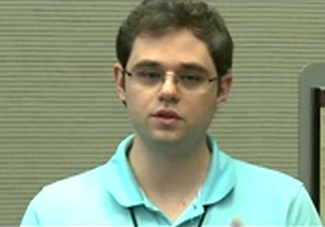 While we wait for CppCon 2015 in September, we’re featuring videos of some of the 100+ talks from CppCon 2014. Here is today’s feature:
While we wait for CppCon 2015 in September, we’re featuring videos of some of the 100+ talks from CppCon 2014. Here is today’s feature: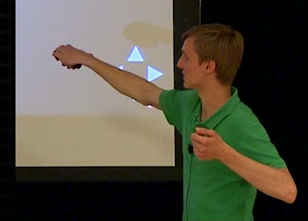 While we wait for CppCon 2015 in September, we’re featuring videos of some of the 100+ talks from CppCon 2014. Here is today’s feature:
While we wait for CppCon 2015 in September, we’re featuring videos of some of the 100+ talks from CppCon 2014. Here is today’s feature: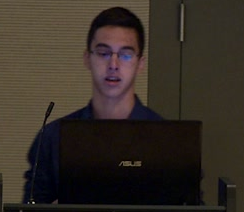 While we wait for CppCon 2015 in September, we’re featuring videos of some of the 100+ talks from CppCon 2014. Here is today’s feature:
While we wait for CppCon 2015 in September, we’re featuring videos of some of the 100+ talks from CppCon 2014. Here is today’s feature: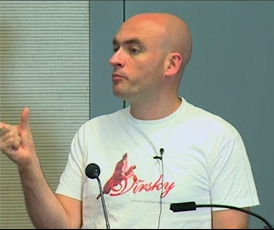 While we wait for CppCon 2015 in September, we’re featuring videos of some of the 100+ talks from CppCon 2014. Here is today’s feature:
While we wait for CppCon 2015 in September, we’re featuring videos of some of the 100+ talks from CppCon 2014. Here is today’s feature: